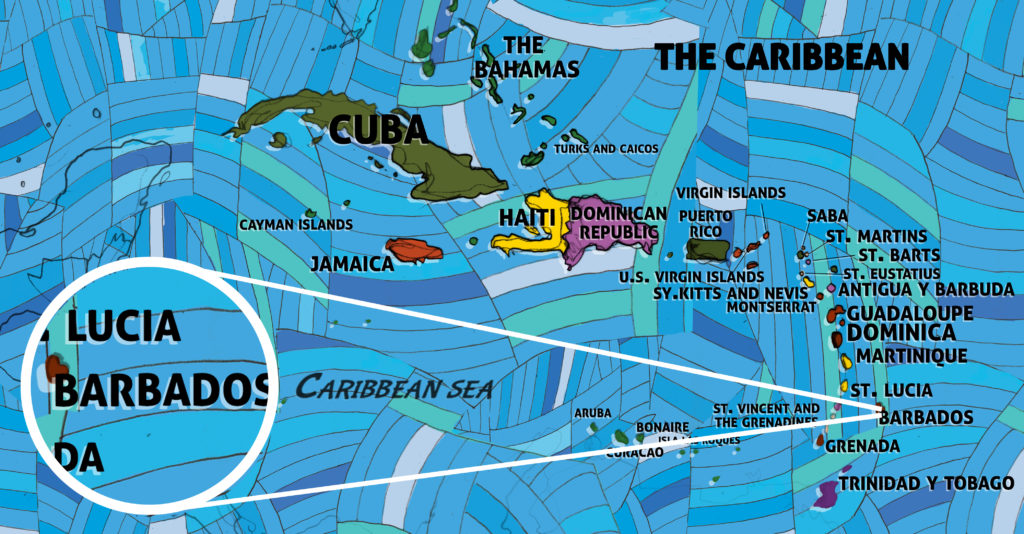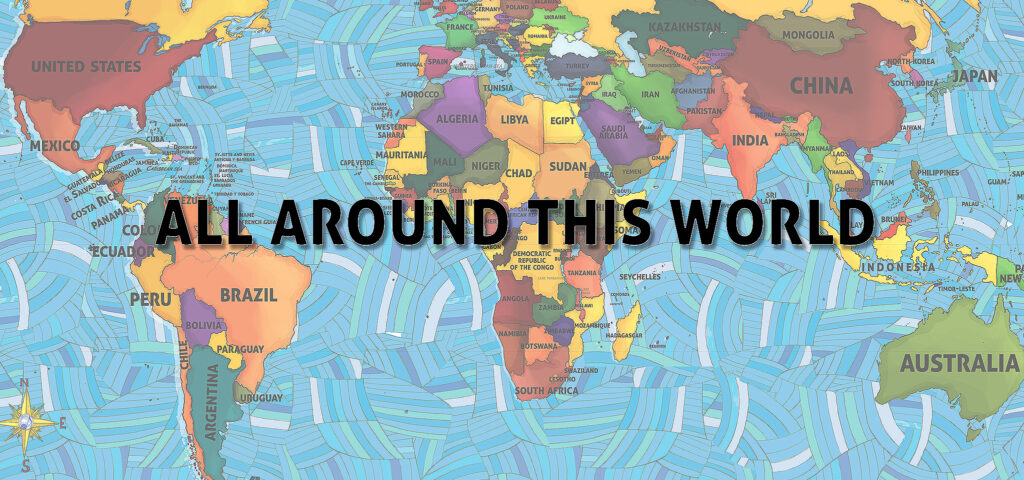Our favorite tuk band from Barbados, is EVERY tuk band.
Landship is a tradition from Barbados that refers to both a dance performance group and an essential social-cultural community organization for the African-Barbadian community. Landships organize themselves into individual “ships,” named after British vessels, which unite into “fleets” under the leadership of “Lord High Admirals” and other “officers.” Landship performers will tell you they are not doing a dance; instead they are executing “manoeuvers” to the command of the Captain in the course of a parade. The primary musical “engine” of a landship is the Tuk Band, a drum/fiddle/triangle ensemble based upon British regimental military bands. In this video we hear “tuk” in action.


